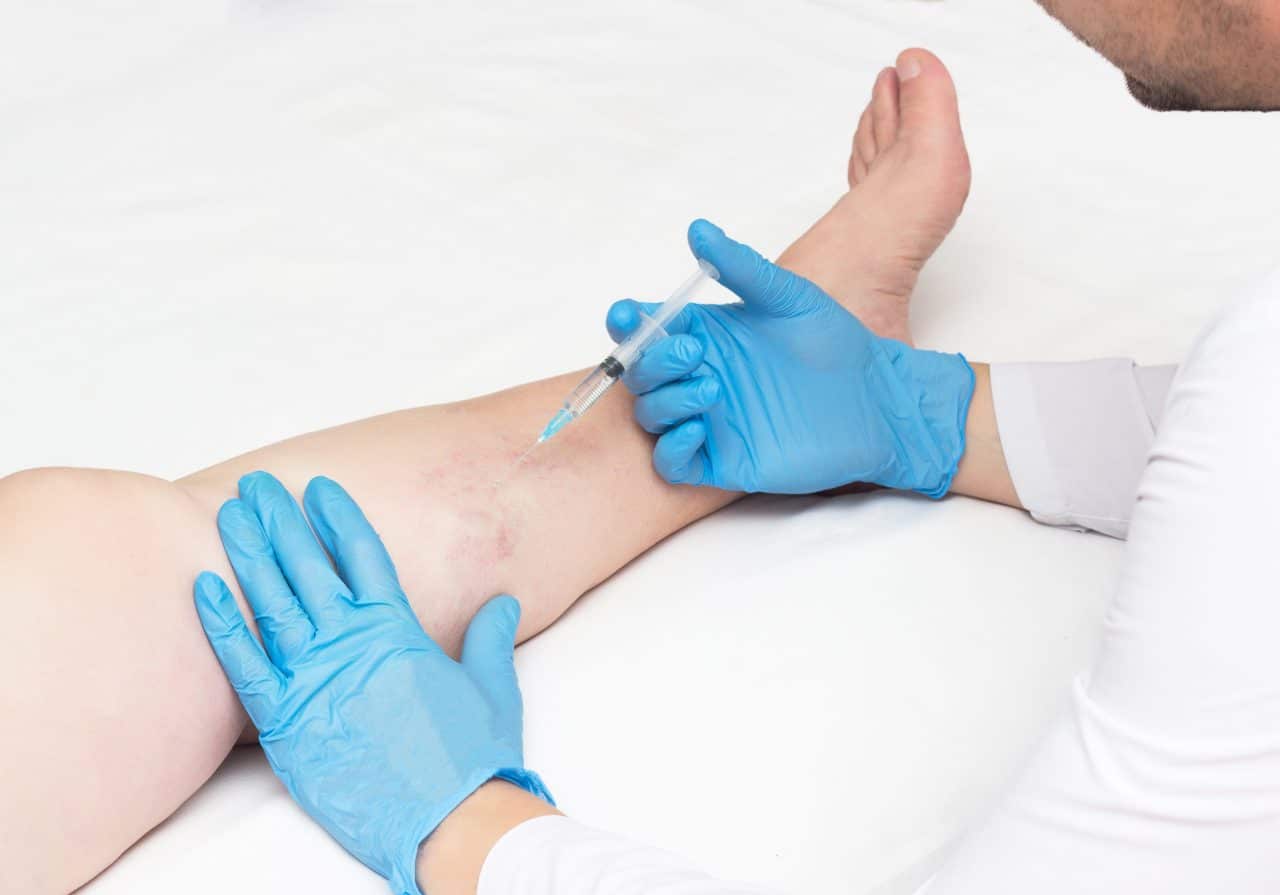If you are concerned about “Are varicose veins covered by insurance?” Andthe cost of treating your varicose veins, you may be surprised to know that health insurance plans may cover the costs!
Learn more about the six steps you can take to have your varicose vein treatment covered, as well as additional conditions that insurance companies typically cover.
What does the term medical necessity mean?
Medical necessity, therefore, means that the medical care being sought and or has been approved is necessary and appropriate to diagnose or treat an attested-to biome medical circumstance. In other words, they are admitted for a certain treatment, which is determined by the medical and clinical needs of the particular ailment or illness they have.
Why is medical necessity important to consider?
Medical necessity is a crucial legal classification because it determines what form of services or intervention carriers will reimburse. Understand other possible approaches that can be taken to treat the patients. You can also enquire with a vein treatment clinic whether they accept this insurance or not.

Are varicose veins covered by insurance?
More often than not, vein treatment doctors for varicose veins that have been recommended by vein treatment doctors or vein specialists will be reimbursed by most insurance companies for the conditions that cause varicose veins. Now is the time to decide what particular treatment will be required. Vein treatments for spider and varicose veins can be treated in a less invasive way using sclerotherapy or by implying a more invasive procedure, such as endovenous laser treatment (EVLT).
How do you seek insurance coverage for varicose vein treatment?
1. Have a current form of medical insurance.
This means working-aged adults should have an up-to-date form of medical insurance.
The first and most key requirement is that you have a health insurance policy to cater to varicose vein treatment.

2. Your varicose veins come under the category of medically necessary.
Keep records that indicate that traditional treatments were tried, and they did not work or were not effective at all for the patient, including leg raising, changes in daily routine, exercises, and compression, which entails the use of hose and tights.
3. Ensure that your vein doctor is accepted to be able to offer the in-network insurance service.
This way, if your doctor is in-network, he will be able to accept payment from your insurance firm directly. It will also mean that your doctor’s office will be aware of what should be done in order for treatment to be reimbursable.
4. Categorize the sort of treatment that should be administered.
Should it be deemed that vein procedures are indeed acceptable and necessary, and your doctor is participating in your health plan’s network, both you and your vein specialist should be able to discuss what needs to be done.
5. Call your insurance provider after deciding what sort of treatment.
Inform your insurance company that you are going for treatment of Varicose veins and you have discussed with your doctor which procedures are suitable. Collect all details about your policy and every co-pay or deductible that is going to be charged.
6. Organize your medical records.
Record documents from visits and venous ultrasound examinations can be most useful in this case to speed up the process.
Conclusion
Before moving forward with any medical operation, following these six steps will, therefore, make sure you get the best coverage while at the same time eliminating out-of-pocket expenses that are, in most cases, avoidable. Understanding how much does varicose vein treatment cost and how to deal with insurance is helpful in getting a more smooth as well as cheaper treatment process.
If you have any questions about your insurance plans or which treatment options are right for you to help!
If you are located in New Jersey, you can visit one of the centers for Vein Treatment in New Jersey. Contact today to begin your journey to better vein health and beautiful legs!